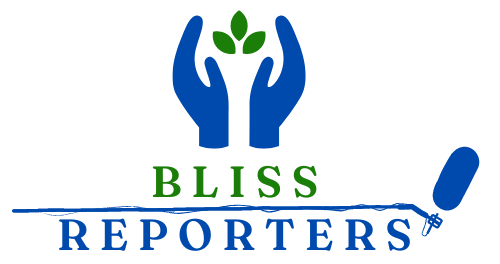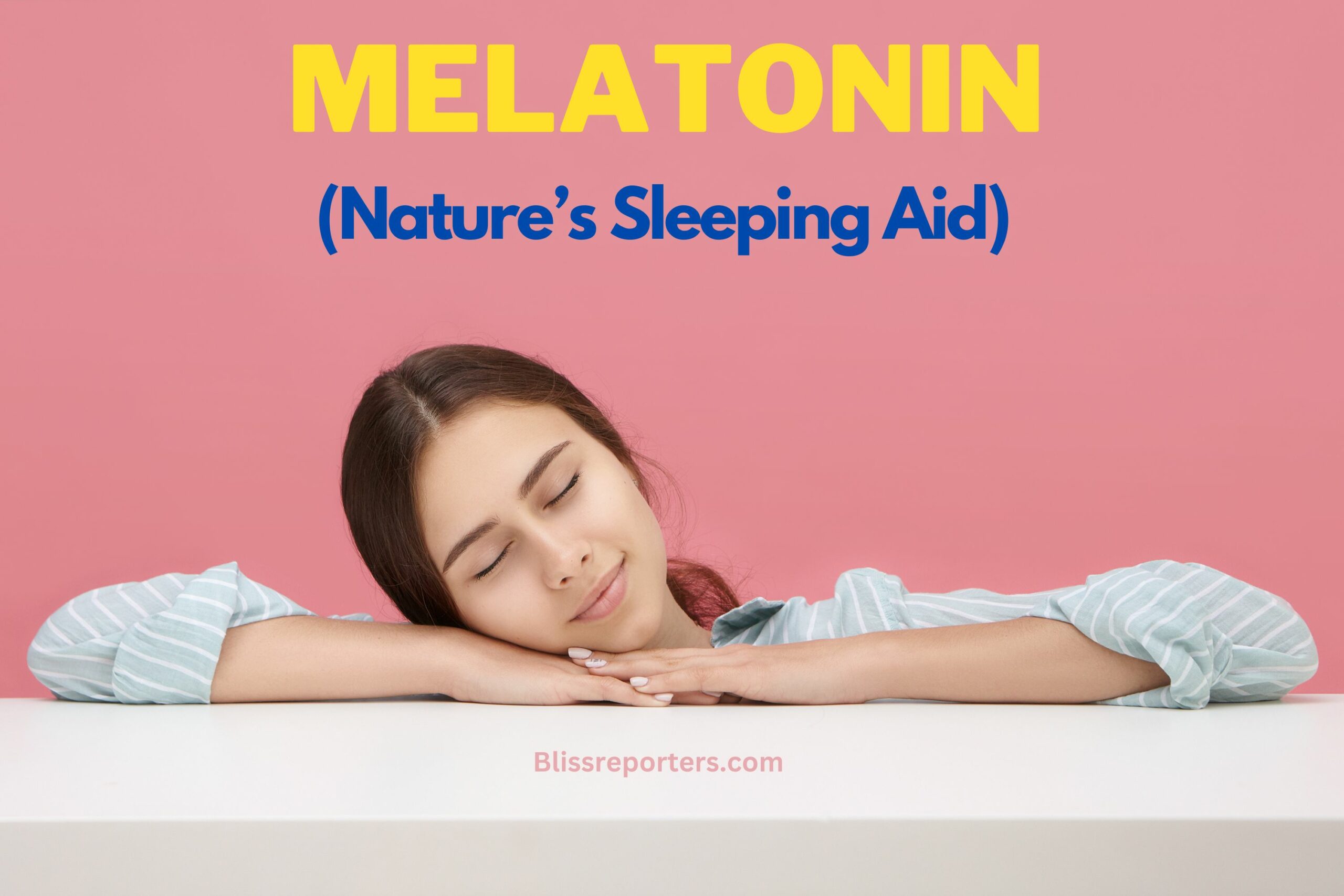Last updated on May 6th, 2023 at 06:05 am
Remember the time when you were young and just started school and had to wake up on a Monday morning, you could barely get out of bed and were dragged to the school bus by your parents because you were so sleepy.
We all have been in such a situation where we were so sleepy that we missed a meeting or the weekend plan which we had planned ourselves but as we grow many of us feel that we don’t sleep that deep anymore, and as we keep growing our sleep sometimes, is in a complete mess. It gets harder to fall asleep which makes it harder to keep up with our daily tasks because of sleep deprivation.
We all know how important it is to sleep but not all of us know why exactly we sleep. Well, not even the scientists are sure and what seems likely is that there is more than one reason for the importance of Sleep. Scientists have proposed several theories as to why we sleep including the Inactive theory, Energy conservation theory, Restorative theory, and the latest Brain plastic theory. All of these theories give different reasons for the human need for sleep, and there is a strong possibility that there can be some other theories in the near future.
We might not know all the reasons why we sleep but we do know why sleep is important. As studies have shown that sleep has major restorative functions where muscle growth, repair, protein synthesis, and the release of Growth hormone occur mostly during the time when we sleep or at least the majority of these functions happen during that time.
Sleep deprivation leads to the loss of health and affects our health. In studies with animal models, sleep deprivation led to a complete loss of immunity and death in just a few weeks.
With such important functions, better sleep is vital to our health and our ability to perform and must not be ignored.
Most of us suffer from an inability to fall asleep quickly, and one reason for that might be the absence of darkness which is what triggers the production of Melatonin in our brains which makes us sleepy.
What is Melatonin?
It is a hormone produced by the pineal gland which is a tiny pinecone-shaped gland present in the lower middle part of the brain. This hormone is responsible for the regulation of the circadian rhythm of the human body and regulates our sleep and wake time.
Melatonin works by activating two receptor proteins( melatonin receptor 1,2) which promote sleep and other functions of melatonin in the body. Melatonin in mitochondria acts as a free radical scavenger and also promotes the antioxidant activity of other enzymes including glutathione reductase which scavenges singlet oxygen, hydroxyl radicals, and electrophiles all of which can cause Oxidative stress.
It’s production is affected by the amount of light our eyes receive. Melatonin levels start to peak in the evening and remain high throughout the night because darkness increases its production, while bright daylight or any other source of bright light decreases the production of melatonin in the Pineal gland.
Most People who have trouble sleeping are observed to have low levels of natural melatonin and suffer from insomnia.
One of the most common uses of melatonin supplements is to treat insomnia. It is also used by people who take longer to fall asleep as a sleeping aid.
Melatonin for Insomnia
Melatonin triggers our body’s sleep cycle and thus its supplement does the same where it would making your brain adjust the circadian rhythm and trigger a sleep cycle that would make you sleep early and possibly longer depending on how much melatonin you have taken. The duration of the sleep would also be affected by at what time of the day or the night the melatonin supplement was taken.
Melatonin is supposed to be better in most cases than a sleeping pill which works by affecting the GABA receptors which are responsible for our ability to focus and relax. These sleeping pills have more side effects as they work on a larger area of the brain than melatonin which is also produced naturally by our body.
This fact is supported by a 2013 meta-analysis of several studies which showed that melatonin decreased the time taken to fall asleep, it increased the sleep duration and sleep quality.
Melatonin is a natural hormone that has some other functions outside of its primary activity of regulating our sleep-wake cycle.
Melatonin beyond a sleeping aid
Due to its antioxidant activity and its effect on the body’s relaxation and sleep patterns, Melatonin is supposed to help in the treatment of migraines, and headaches due to stress.
Melatonin also is being tested for its effect on chronic diseases like cancer, Alzheimer, and tinnitus, and supposedly has a protective property against radiation.
Melatonin is helpful for Cancer
Melatonin is helpful as an add-on aid in the treatment of lung, colon, breast, and brain cancer if taken alongside chemo and radiation therapy, some clinical studies support this claim further. In some research studies, it has been observed that there might be a link between sleep and cancer.
A large-scale study with more than 1,73,000 men and 1,23,000 women found that people who don’t have good sleep patterns are at a higher risk of different types of cancer, while men with short sleep spans were at a significantly higher risk of stomach cancer.
The research is not yet conclusive and the effect of melatonin on cancer and its treatment needs to be studied further. However, we have enough evidence through the studies, to at least, suggest that melatonin seems to be helpful in the management of cancer.
Melatonin: a NeuroProtector
Melatonin also has been suggested to slow down the progression of Alzheimer, as people who suffer from Alzheimer’s also usually have low levels of melatonin which worsen the disease, as melatonin if present in normal values would protect the brain function because it is a known neuroprotector.
Melatonin also has a protective function against other brain function-related diseases such as strokes, and Parkinson’s.
Melatonin level decreases with age and many of the diseases which are common in old age might be linked in some way to the decrease in the melatonin levels which affects our sleep as we already know when we sleep our body repairs itself and when the levels of melatonin are not normal in the body we don’t sleep well which causes other health issues.
Melatonin supplements might help with these problems along with its primary use as a sleeping hormone. These supplements usually come in the form of tablets and capsules.
Dosage of Melatonin
How much Melatonin should I take?
- For children and teens with severe insomnia: 0.5-3 milligrams, 6mg Upper limit.
- Adults for general sleeping aid: 0.5 – 5 mg Taken 1/2 hours before bed.
- Adults with disrupted sleep pattern: 2-3 mg.
- Adults ( age 55+): 2 mg daily for at least 11 weeks to help with disrupted sleep.
Is Melatonin Safe?
Melatonin on its own is safe to take and has no major side effects as indicated by several short-term studies.
Melatonin Side Effects
Some rare yet documented side effects of melatonin are:
- Headache
- Dizziness
- Sleepiness
- Nausea
Melatonin must be taken in recommended doses to limit any side effects from taking a higher-than-normal dose.
Melatonin Overdose
The use of melatonin has increased in the USA and around the world year after year, and from 2012 to 2021 the number of hospitalization cases due to overdose on melatonin has increased as well, most of them teenagers who had intentionally taken a high amount of melatonin supplement, while some of them were younger than 5 years and accidentally ingested melatonin in high quantity.
Even though melatonin is safe for kids it must not be given to them without proper consultation with your doctor.
Melatonin TakeAway
We sleep for 1/3rd of our lives and it plays an important role in keeping us healthy, active, and mentally fit. Melatonin regulates our sleep and wake cycle and plays an important role in the regulation of our sleep patterns. However, as we age and due to several other factors the production of melatonin by the pineal gland decreases naturally and with that, our sleep pattern changes as well. Lack of sleep has been linked to several diseases including cancer and dementia. Melatonin supplements can help us to sleep better and have much fewer side effects than some other popular sleep drugs.


